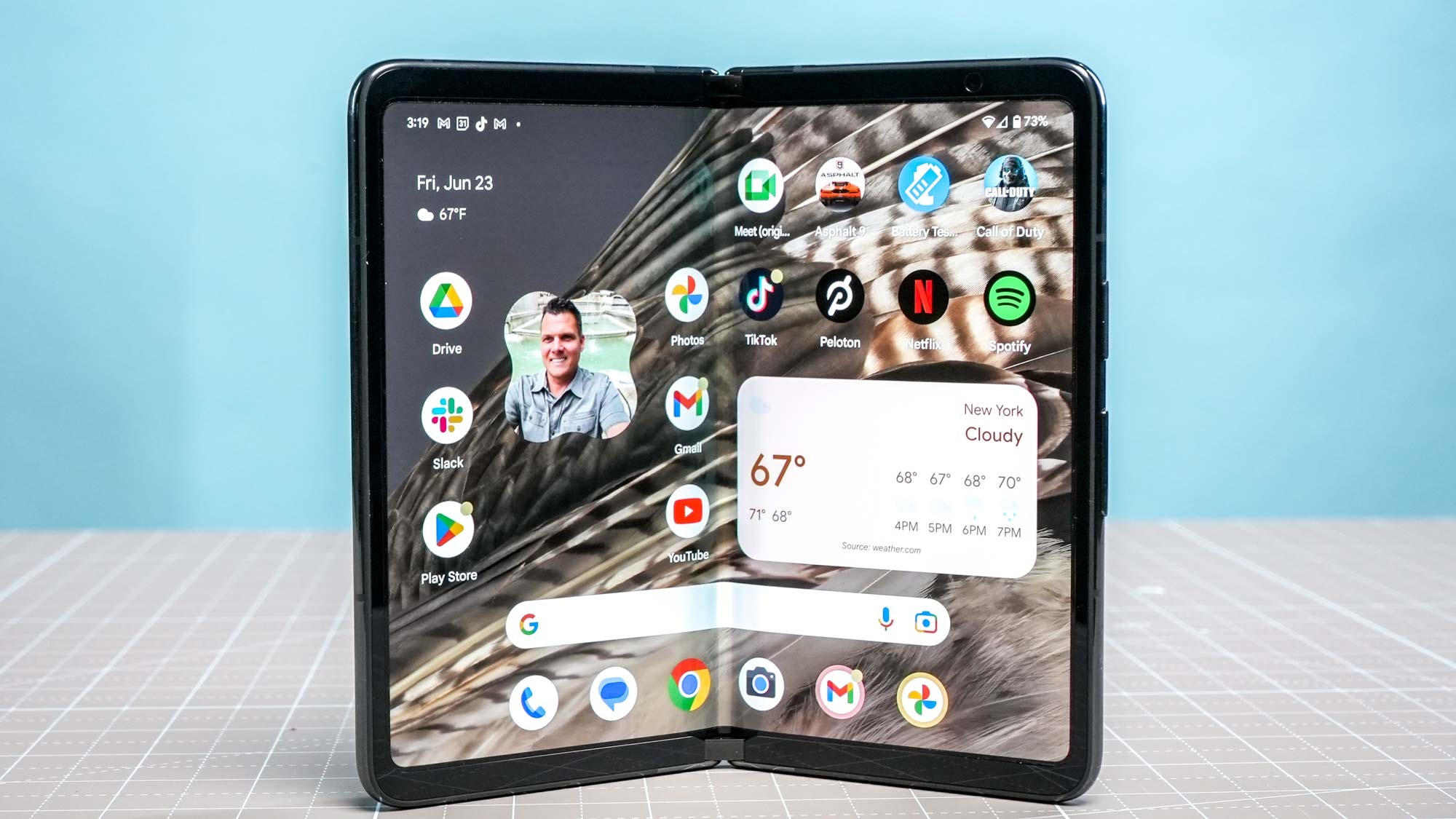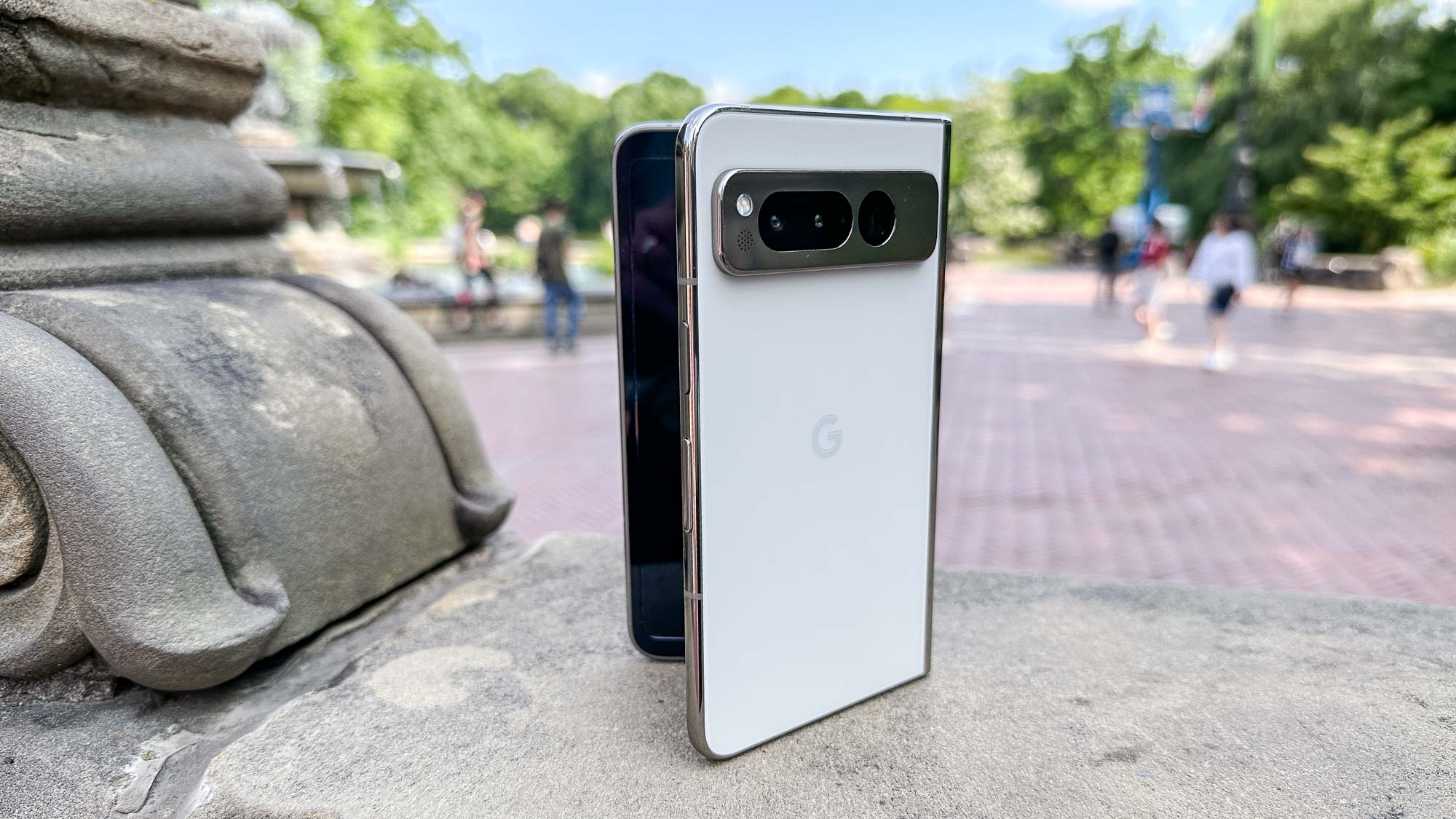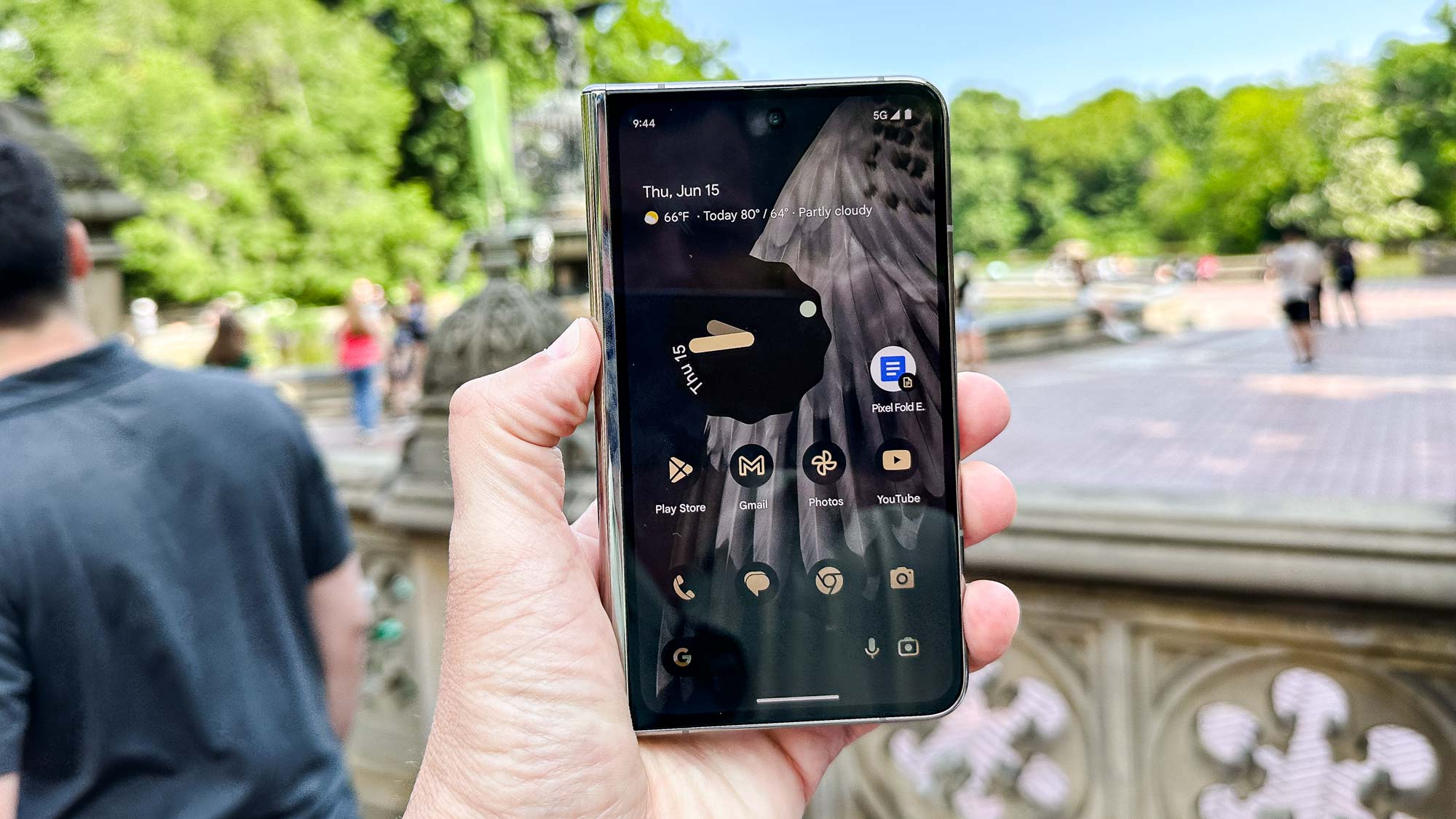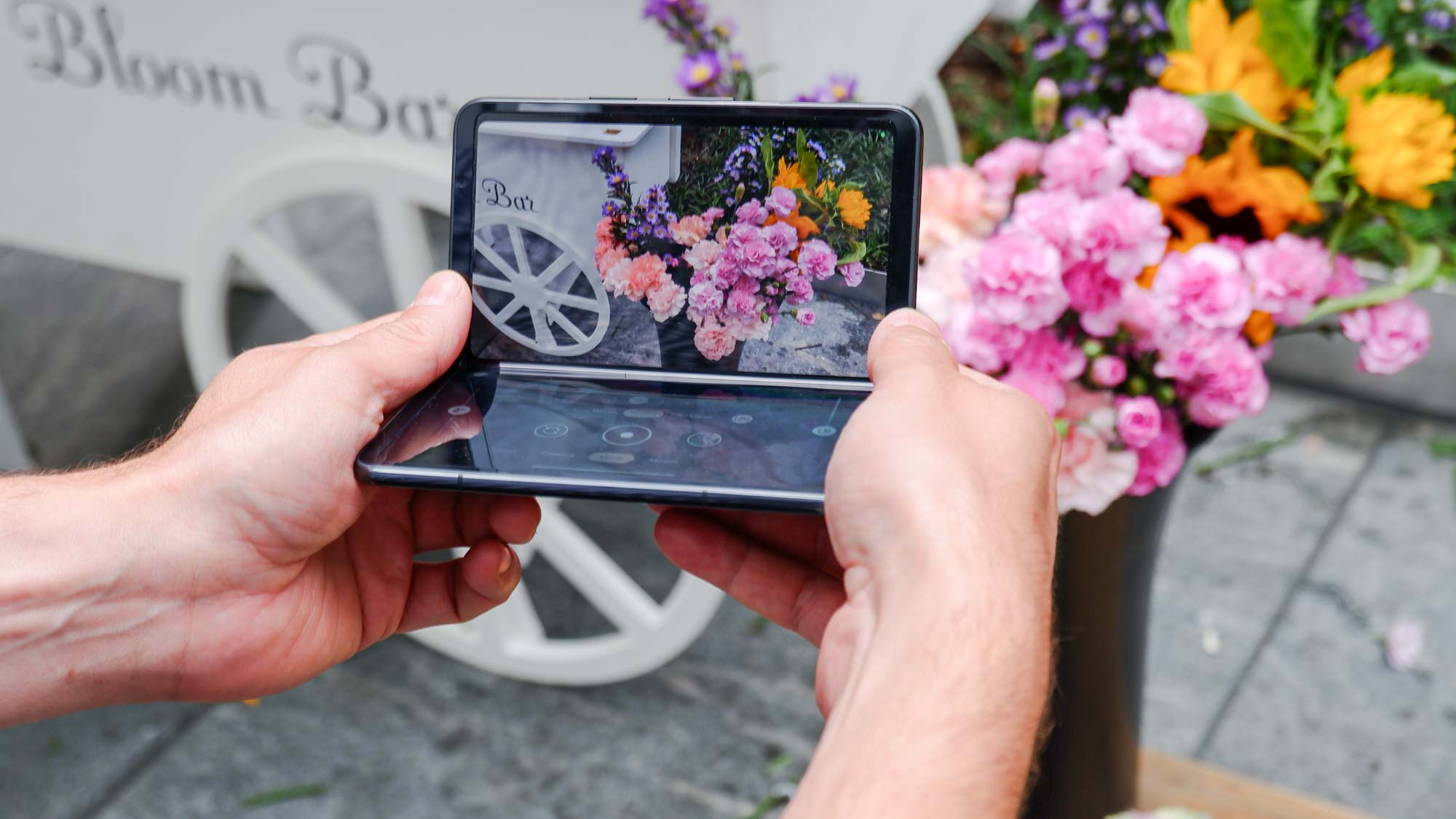
The Google Pixel Fold is a marvel of a phone and the best foldable phone by our assessment, which is astonishing considering it’s the first foldable to come out of Google HQ. The phone has great cameras, solid battery life, as well as a cover screen design that’s better and more comfortable than what the Samsung Galaxy Z Fold range has had to offer.
Speaking as a foldable newbie who’s been very tempted to pick up a Pixel Fold, there’s one major issue that’s stopping me from buying one. It’s not the price either, even though the $1,799 price tag would definitely cause a lot of hesitation. Instead I’m more concerned about the fact the Pixel Fold runs on a Tensor G2 chipset.
Tensor G2 means the Pixel Fold could miss out

The thing to remember about the Tensor G2 is that it’s not a performance powerhouse. The chip just wasn’t built to offer the latest and best mobile performance, as you’d find with a Qualcomm flagship like the Snapdragon 8 Gen 2. Google built and designed the Tensor line-up for a very specific purpose — AI and machine learning.
A Pixel phone is not going to dominate in a benchmarking test, not when it’s running a Tensor G2. Which isn’t really a problem, since we noted in our Google Pixel Fold review and Google Pixel 7 review, that those phones do offer more than adequate performance — even in situations that require a lot of resources, like mobile gaming.
What sets the Tensor chipset lineup apart is the features they unlock. Machine learning is put to good use offering better photography, improved security (aided by the Titan M2 chip), and unlocking AI-powered features you can’t get on other phones. The Tensor G2 in particular has a bunch of exclusive features like Photo Unblur that are only possible with that particular chip.
As someone with a Tensor G1-powered Pixel 6 Pro, I do feel envious of those features at times. Not enough to upgrade, but there’s definitely a little bit of FOMO lingering in the recess of my mind.
But I bought the Pixel 6 Pro a whole year before the debut of the Pixel 7 and Tensor G2, so I know what I was getting into. By contrast, the Pixel Fold is launching 3 to 4 months before the Pixel 8 series — which we’re expecting to be powered by a Tensor G3. There’s little doubt in my mind that the G3 will also come with a bunch of features that aren’t possible on devices running on a G2 chip. Video unblur is one that’s been rumored, and it’s likely that it won’t be coming alone.
Unfortunately, the Pixel Fold will likely be missing those features — and any other enhancements the Tensor G3 has to offer — by the skin of its teeth.
The Tensor G2 makes the Pixel Fold’s price sting even harder

The Pixel Fold isn’t the only summer phone to rock a Tensor G2 chipset. The Pixel 7a comes with that same chip, and will similarly miss out on all the improvements that the Tensor G3 will have to offer. But the Pixel 7a is a mid-range phone that is built to be much cheaper, and has various sacrifices as a result.
The Pixel Fold costs so much because it's foldable, not because of the chipset, but the fact it’s running older hardware makes that price sting a heck of a lot more.
It’s expected to miss out on stuff, and that’s reflected in the price. The Pixel Fold costs more than three and a half times more than a Pixel 7a, and twice the price of a Pixel 7 Pro. The Pixel Fold costs so much because it's foldable, not because of the chipset, but the fact it’s running older hardware makes that price sting a heck of a lot more.
Most people are likely to keep hold of their phone for two to three years, and the Pixel Fold’s high price might make them try and keep hold of it for even longer. That would essentially lock you into 2022 Tensor capabilities for an extended period of time.
Granted. that’s true of any phone, and refusing to upgrade just in case something better comes along in a few months would lock you in a loop of indecision that would give Chidi Anagonye a panic attack. But typically when a flagship phone launches you know that it’s going to be several months, or even a year, before that happens.
That’s not entirely true of the Pixel Fold, given our close proximity to the launch of the Pixel 8 series. Plus, if you chose to wait for the reviews before committing to buy the foldable, you could be waiting another couple of months before it arrives.
At the time of writing the Google Store has a delivery estimate of mid August for the 256GB Pixel Fold, and mid-late September for the 512GB model. The Pixel 8 series should be arriving at some point in October, assuming Google sticks to its usual release schedule.
Bottom line

I won’t deny that I’m tempted by the Google Pixel Fold. It lacks some of the features you see in Samsung’s Galaxy Z Fold line-up, like stylus support, but there is something rather exciting about a foldable Pixel. More so now that we know how good the phone is, particularly where battery life is concerned.
Unfortunately, the fact the phone is running on last year’s chip has completely turned me off the phone — especially when combined with the high price tag. Maybe it’s a silly thing to fixate on. The general appeal of the Pixel Fold is the foldability, rather than the exclusive features on the chipset, and that’s going to be the driving force behind its sales.
But for me I can’t get over the fact that the Pixel 8 series is fast closing in, and the fact Pixel Fold costs double the price of a typical premium smartphone. So I’m going to have to pass, and hope the Pixel Fold 2 arrives with a more appealing processor.







